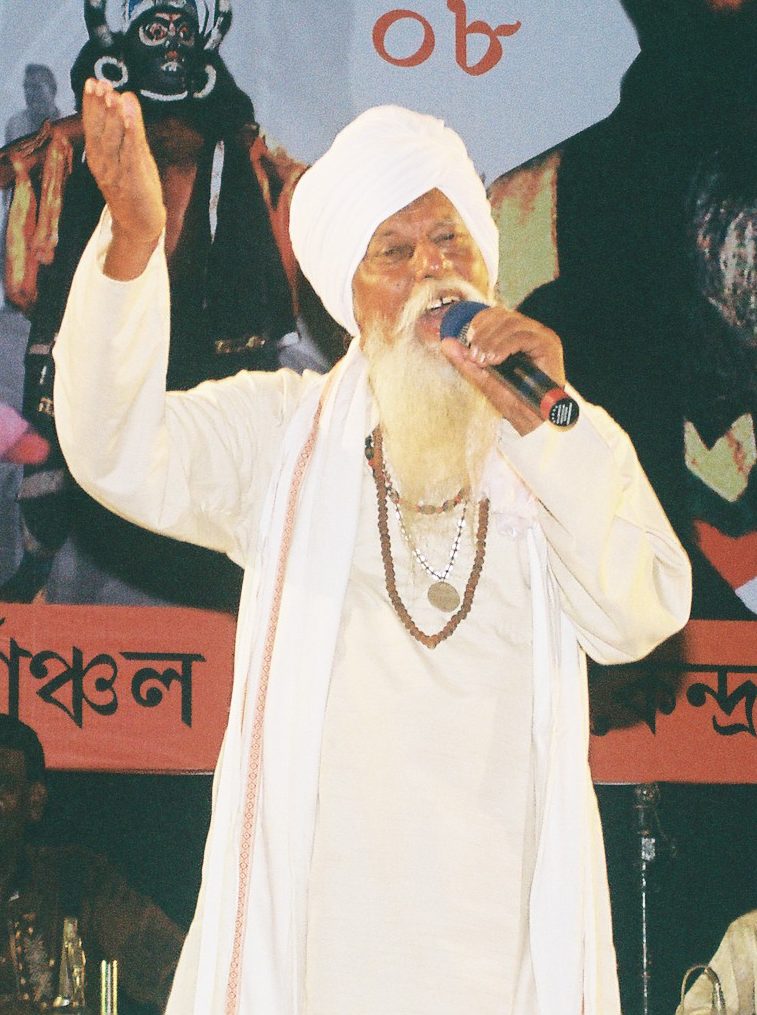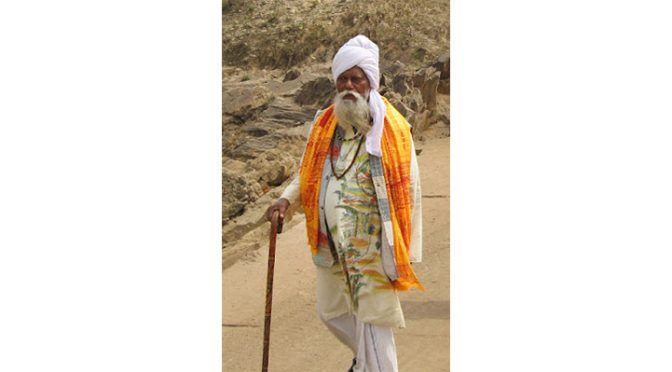
In the world of music Gurus are of two types. One is a teacher who transfers his skills, knowledge and determination to his students. Another is a Guru who devotes his life for a particular art form and becomes a legend and a patron. Salabat Mahato is notable for both.
The revival of the traditional Jhumur song in the regions of Bengal, Bihar Jharkhand and Orissa was through the skill of Salabat Mahato. Salabat Mahato was the pioneer to save the originality of Jhumur in this era of distortion. His inspirational voice and skill has influenced many young artists who are coming in this field.
No one can ever disagree about the contributions of Salabat Mahato. He was one of the eminent Jhumur personas.
Salabat Mahato was born in a farmer family in Latpada village under Barabajar Police station. He was a lyricist, composer and singer. According to the researches done on Jhumur songs the time span where Salabat Mahato belongs is the Modern Era. Salabat has composed variety of songs. He has composed- “Chander gayete kalanka roeche/ tobu loke chand here go/ premer majhete biraha roeche/ tobu kano prem kore go”. Parallel to this he has written- “Asha jawa bhaber khela/ arai diner tore mela he/ keu baa bar kore ninde/ keu ba ador kore he/ jonom dio baul er ghore”.
Salabat Mahato’s range was beyond any barriers. Apart from Jhumur he was also capable of absorbing the Baul philosophy. For his immense contribution in Folk music the Government of West Bengal awarded him with Abbasuddin and Lalon award. A short film was also made on Salabat. Leaving behind his works he passed away on 9th January 2017.
In 2010, Salabat Mahato, Mihirlal Singh Deo and Amulya Kumar recorded an album named Darbari Jhumur which was published by BNC Musical.
